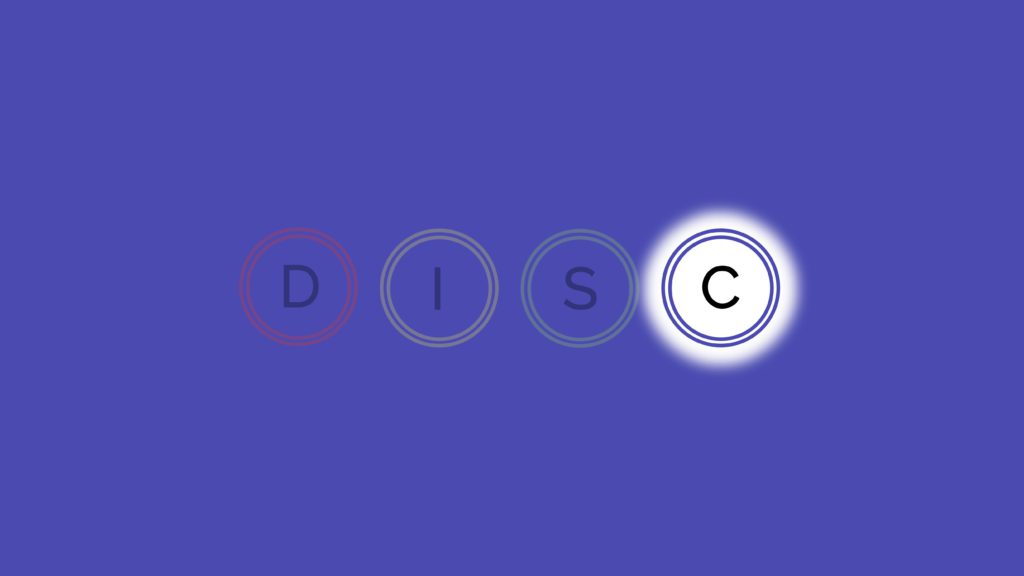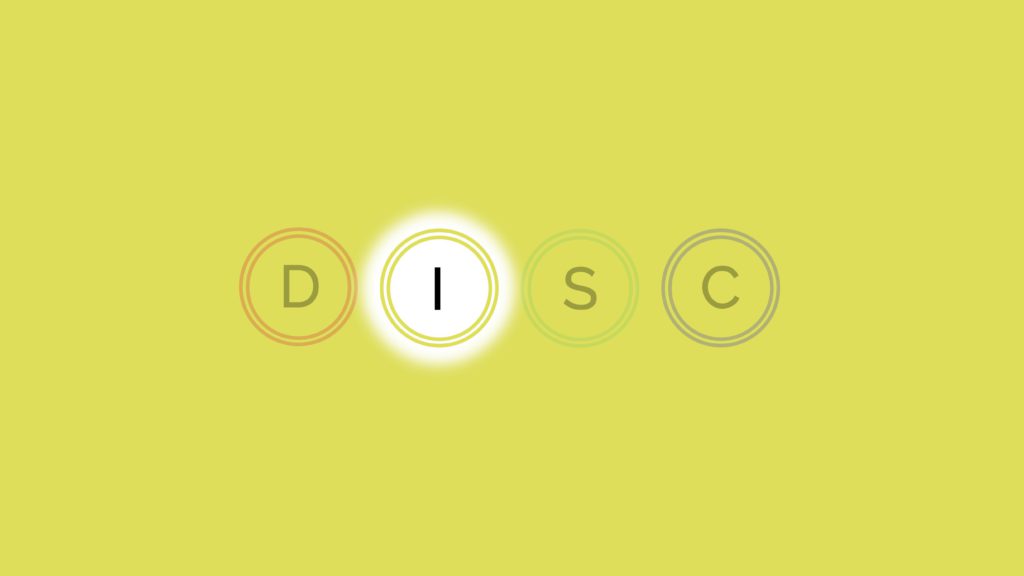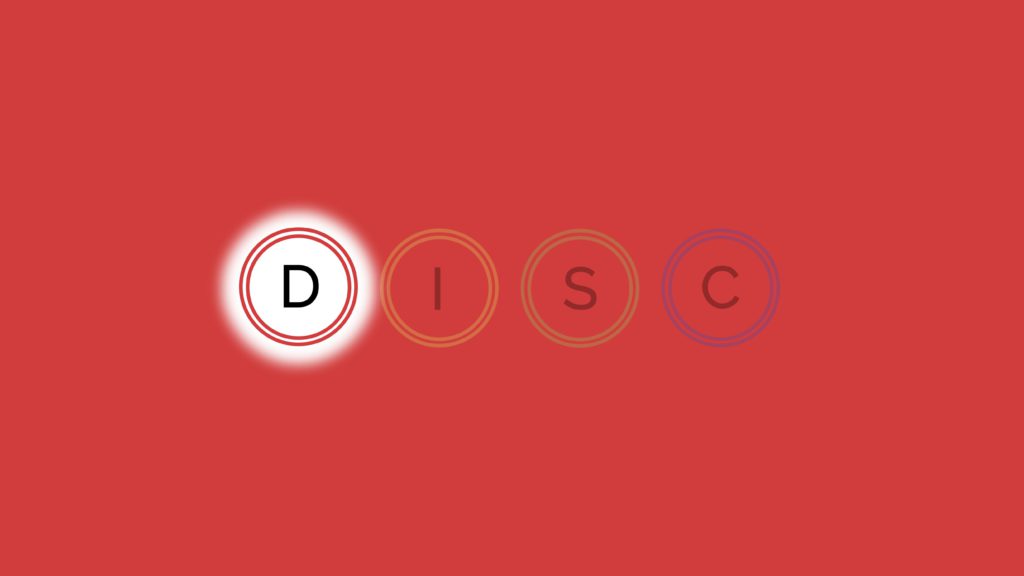Understanding Your DISC: Compliance

The C in DISC is Compliance. Compliance reflects how you respond to process.

High Compliance people produce high quality work – that is important to them and they do not like to make mistakes. They are very detail-oriented. High C’s prefer environments where there are rules and procedures to follow. The higher the C score, the more this is true.
Low C’s tend to think of rules and regulations as suggestions. They are more focused on the result than the process. They are out of the box thinkers. Low C’s prefer environments with less structure and less focus on the details. The lower a person’s C score, the more this is true.
From Indigo CEO Sheri Smith:

High C’s and the Need for Perfection
“People who have High Compliance DISC scores are very concerned with being accurate, which can sometimes lead to perfectionism. If you struggle with this, I highly encourage you to practice compassion with yourself and become OK with the areas where you can’t be perfect. Think of your best friend or a loved family member; does your love for them have anything to do with them being ‘accurate’? I bet it’s their quirks and imperfections that you love most. Don’t be afraid that making mistakes will make you ‘less than’.”
DISC ACTIVITY: COMPLIANCE
Start by identifying your Compliance / C score from the DISC chart. You can find your C Score in front of the blue bar on the DISC Profile page. Do you have a high, medium, or low score?
Read through the lists of traits below and circle two that you think best describe you. If you are a Low C, focus on the Low C list. If you are a High C, focus on the High C list. Note that if your score is near the middle, you may identify with traits from both lists.
Low C Traits:
Independent
Efficient
Big-Picture Thinker
Risk-Taker
Innovative
Fast Worker
High C Traits:
Detail-Oriented
Structured
Systematic
Precise
Logical
Analytical
When have these traits worked well for you (school, work, leisure)? What are some challenges or problems you’ve faced exhibiting these traits?
IDEAL WORK ENVIRONMENT
Once you have read the posts for all the DISC styles, write out an Ideal Work Environment Statement. Your Ideal Work Environment Statement should be one to three sentences about your most distinct DISC traits, what they mean to you, and what sort of work environment would fit those traits.
Some examples of Ideal Work Environment Statements are:
- I am High Dominance and Low Compliance, so I want to work in a place where I have a lot of choices and I’m not told what to do. I’m also High Aesthetic, so I want to work in a beautiful environment.
- I am Low Influencing and High Steadiness and Compliance, so I want a stable work environment that has clear rules and where there is not a lot of interaction with people.
If you want to take the IndigoPathway survey, go to indigopathway.com/survey
For more information, visit indigopathway.com







Responses